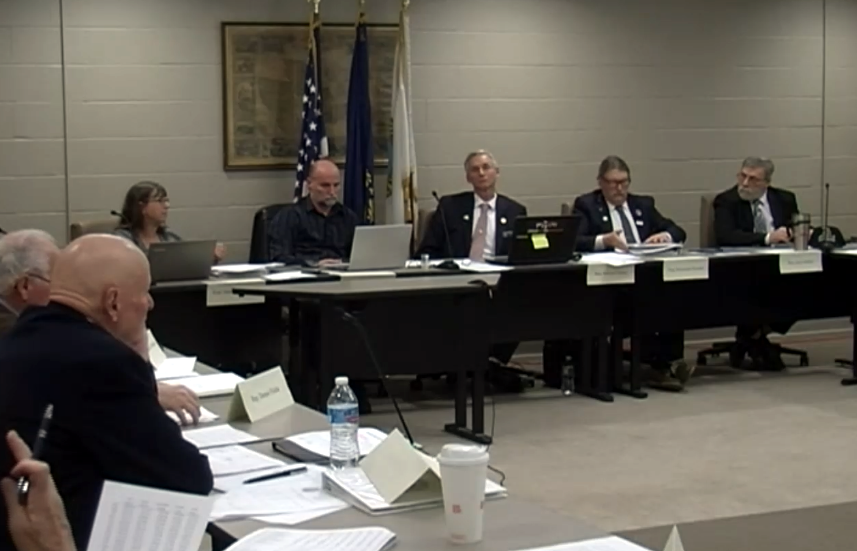Every two years in New Hampshire almost all elected officials either terminate their service or stand for re-election. Over the course of the past 7 years, documented in this series, many of the faces have changed. In December 2020 over one third of the Belknap County Convention were seated as first term representatives.
While the faces of the Convention have changed, the actions of the commissioners and administration have yet to be subjected to accountability regarding abuses of budget authority.
As you have read, the law is clear regarding appropriations. It is also clear in its path to remedy. One such remedy is provided in RSA 21:17 which allows:
24:17 Investigations. – The county convention by a vote of a majority of all its members may appoint a committee of its own members, not to exceed 5, and not over 3 to be of either of the 2 major political parties, to investigate conditions pertaining to the conduct of county affairs by any county officer or any person appointed or employed by such officer, which committee shall have power to summon witnesses, examine them under oath, secure a transcript of the testimony and do other necessary acts to conduct such an investigation.
We need not look back to previous years of abuse, 2020 provides a prime, and current example for which the committee of investigation may focus.
Having been granted the authority to transfer up to the sum of $5,000 between departments in the budget, it became clear in October 2020 that one department would exceed its $717,000 appropriation.


The year ended with department 025180 with a budget of $717,000 showing $919,385.88 having been spent, $202,385.88 more than had been appropriated for the department. (page 13)

As the chairman of the committee of investigations prepared to line up interviews with staff members, the administration was busy putting roadblocks in his path. They refused to pay for a court reporter to properly record testimony. Without properly recorded testimony under oath no investigation could proceed to gather reliable information.
In order to acquire the necessary testimony it became clear that a court order would be needed to assure payment to a court recorder, getting that court order would now require an attorney to represent the committee of investigation.
Chairman Silber held a meeting of the committee in order to seek approval to hire an attorney, who had agreed to allow payment upon the court’s order. Members of the committee failed to go forward in their duties.
The issue will be returned to the Convention on August 10, 2021 at 7:00 pm to resolve questions surrounding the investigation. Of note, the first meeting of the Convention in December 2020 was a mixed, in person and Zoom remote meeting. Many of our new members were unable to grasp the depth of the issues due to the poor quality of communications via remote technology.
Representatives of Belknap county have a duty to investigate conditions pertaining to the conduct of county affairs by any county officer or any person appointed or employed by such officer. Failing to fulfill this duty would be an act of nonfeasance.
All the pieces in this series:


